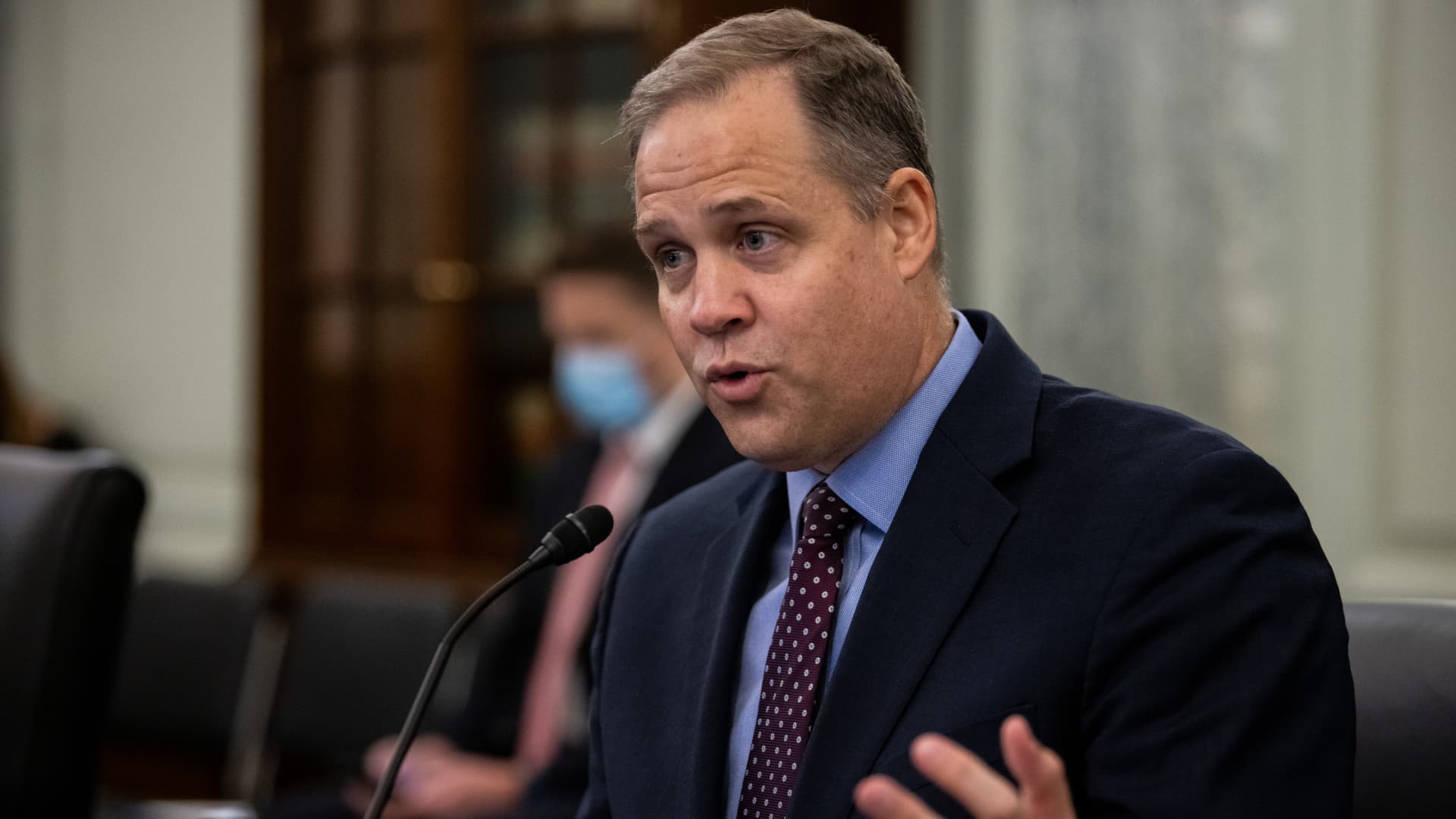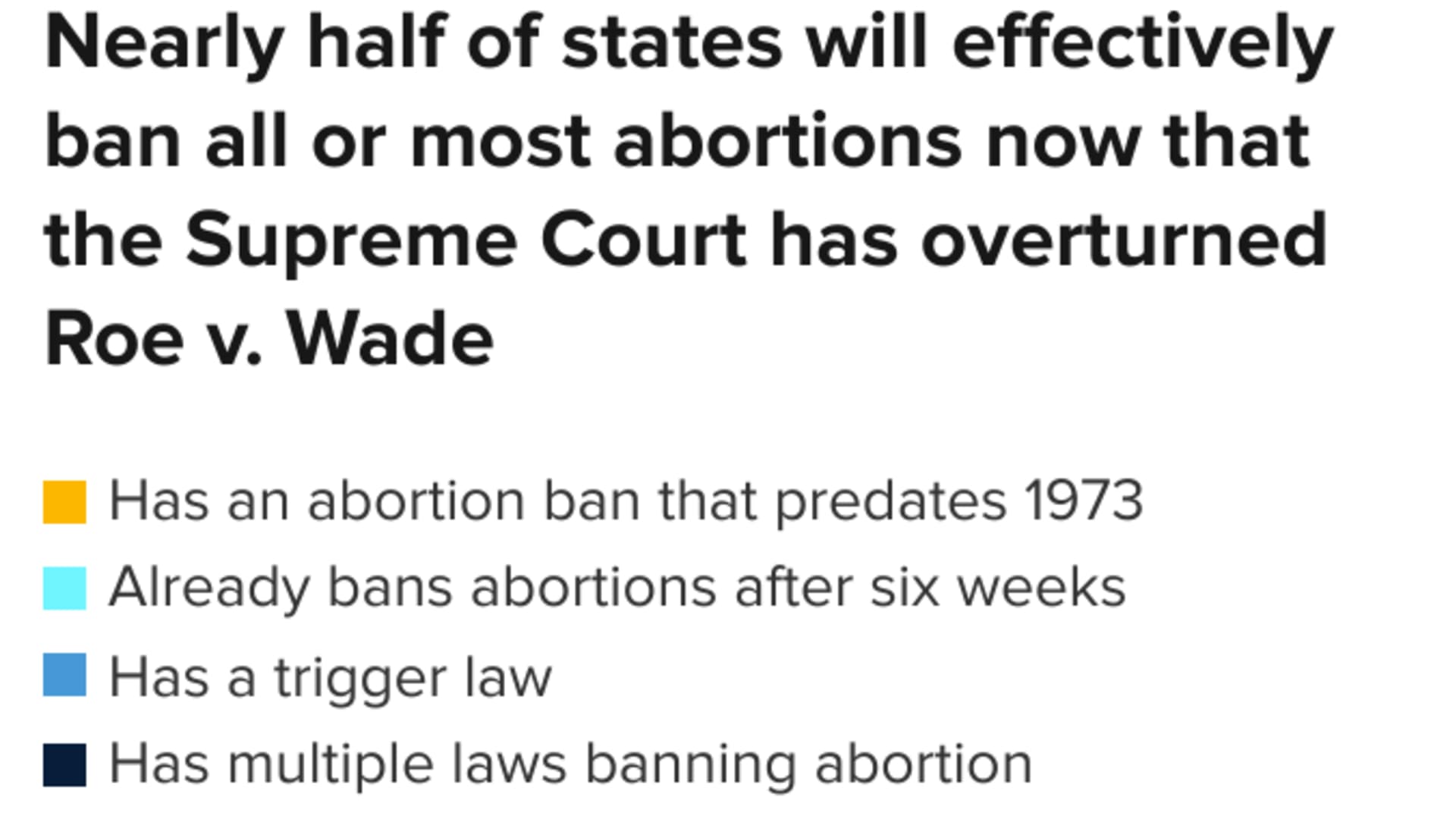Former NASA administrator joins board of spacecraft propulsion startup Phase Four


Former NASA Administrator Jim Bridenstine joined the board of directors of spacecraft propulsion startup Phase Four, the company told CNBC.
The move sees the former NASA chief throw his experience and reputation behind a startup with a unique propellant technology. Bridenstine has joined up with larger, established organizations since leaving the space agency.
Bridenstine served at NASA during former President Donald Trump’s administration, and now holds a variety of roles within the space industry – including as senior advisor to private equity group Acorn Growth, and on the boards of Viasat and The Aerospace Corp.
El Segundo, California-based Phase Four builds next-generation electric thrusters for small satellites, with six operating in orbit so far. The company has raised about $30 million in funding since its founding in 2015.
Bridenstine told CNBC that Phase Four’s approach of using radio frequency to utilize a wide variety of propellant types – including xenon, krypton, iodine and water – is “going to be an absolute game changer for these proliferated [low Earth orbit satellite] constellations.”
Phase Four’s propellant flexibility gives the company stability in the face of a geopolitical threat, Bridenstine said. Noble gases xenon and krypton — often used as spacecraft propellants — are “not widely available” and largely produced in Russia, Ukraine and China.
“The idea that we can get away from those traditional fuels and get into things like iodine and water, I think [should] significantly drop costs and create an environment where you don’t have as many opportunities for disruption,” Bridenstine said.
That supply chain threat is also a focus of the Pentagon’s work in space.
“I think the Space Force is very interested in making sure that that we do have consistent supply chains that are not at risk, and we don’t have to be spending money with countries that aren’t friendly with us,” Bridenstine added.
Phase Four has contracts to develop and produce thrusters from the Air Force and DARPA, the Defense Advanced Research Projects Agency, as well as commercial orders from companies like Capella Space.
The company has 32 employees and is expanding into a 23,000-square-foot facility in Hawthorne, California. It plans to raise another funding round in 2023 and to grow to about 50 people over the next 12 months.
CEO Beau Jarvis told CNBC that his relationship with Bridenstine dates back to when Jarvis was a vice president at satellite imagery company Planet and the latter was a congressman.
At the time, Bridenstine was “trying to make it easier for small space companies to be able to work with the Department of Defense, or more broadly, the U.S. government,” Jarvis said.
“Seeing some of what Jim has talked about more recently, in terms of having more sustainable space operations, and the potential for debris issues in space … there’s a lot of overlap [between] Jim’s vision and our vision,” Jarvis said.
This post has been syndicated from a third-party source. View the original article here.




